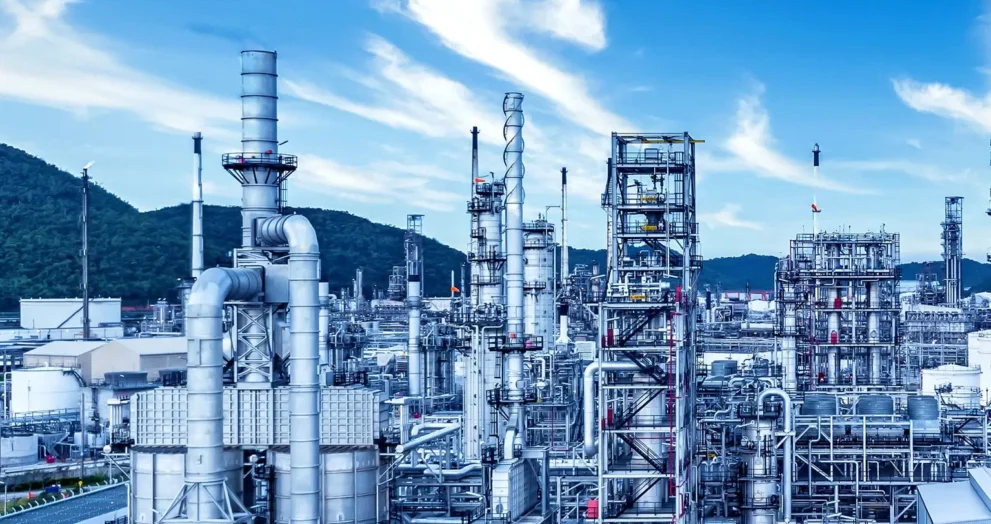Petrochemical Industry Faces Protests and Sustainability Push on
Today’s developments reflect broader market challenges, with the projected crude surplus and geopolitical risks threatening feedstock affordability. The petrochemical sector is responding with sustainable innovations, including recycled plastics and CCUS, while leveraging AI to maintain competitiveness. As companies navigate protests and market volatility, their focus on technology and community engagement will shape the industry’s trajectory through 2025 and beyond.















